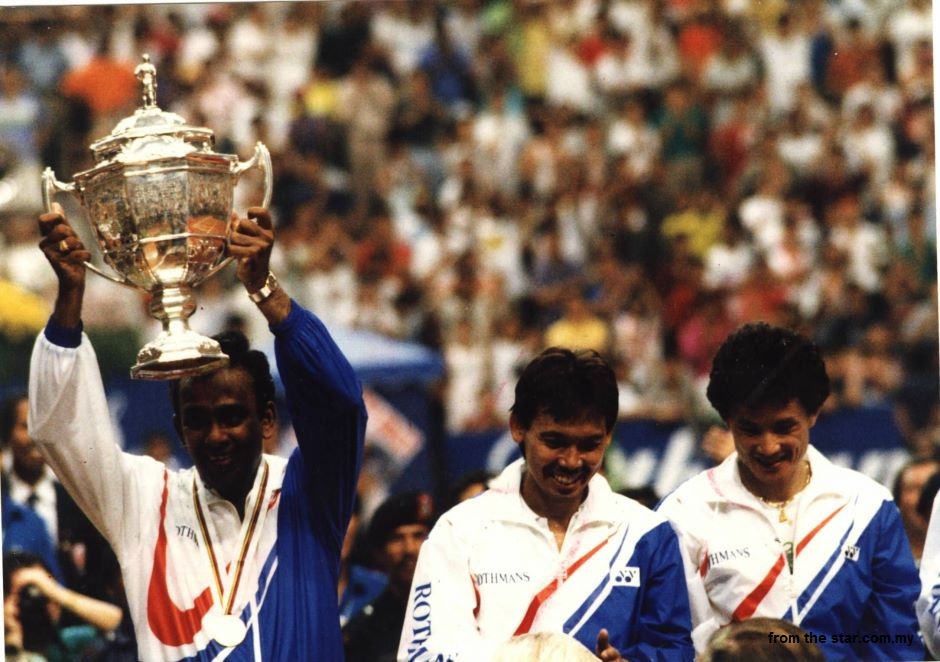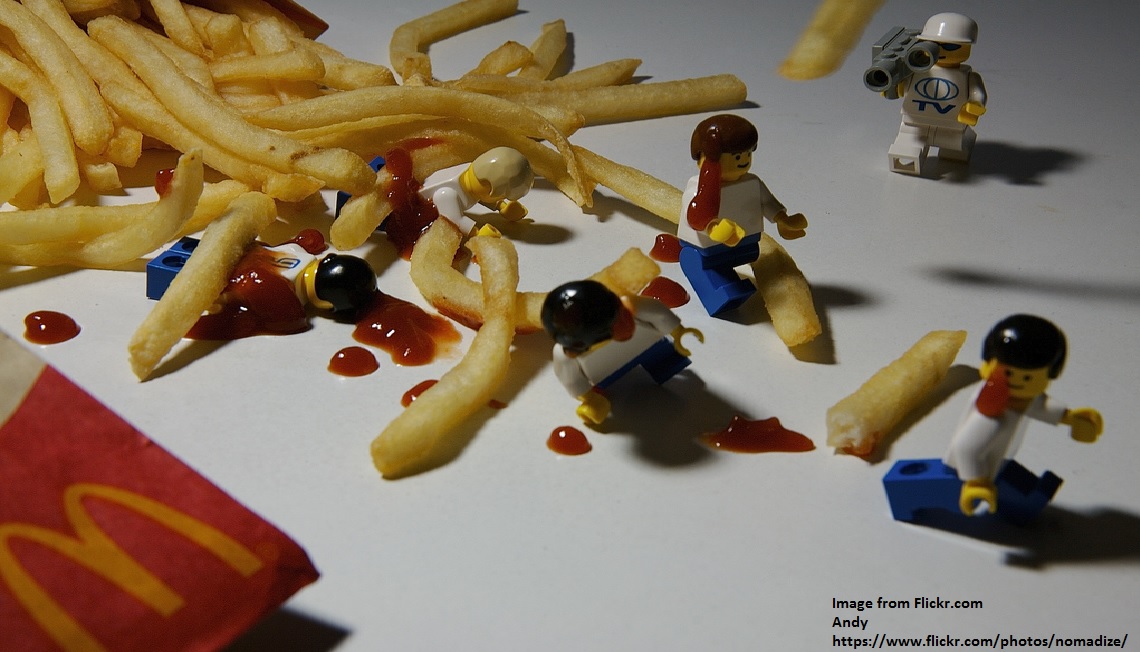4 radio DJs. 4 languages. 1 interview. So. Many. Differences.

- 536Shares
- Facebook525
- LinkedIn1
- Email2
- WhatsApp2

*Untuk baca dalam Bahasa Melayu, tekan sini!
[Update] An earlier edition of this article stated that Bob was from Sinar FM when he actually was from Suria FM. Our apologies to Bob and Suria FM for this error.
Hans is currently serving time wearing the hat of shame for his mistake. (Yes, we have a helmet where we engrave the mistakes of our writers for all eternity….Well, at least until the helmet decays.)
—————
[Update 28/12/15] We’ve read that Red FM (along with another radio station Capital FM) would cease operations by the end of the year (which isn’t very far away).
In regards to that, we would like wish the radio personalities of these radio stations (with special mention of Jeremy who was a part of this interview) all the best in their future endeavours!
—————-
So before we start, a quick question.
[interaction id=”564eea1641f2d0122b8a887f”]
If you answered any of the English radio stations, we’re sorry to tell you that you are incorrect. In fact, English radio stations don’t even make it to the top 5 most popular radio stations in Malaysia!
Unfortunately, we at CILISOS are all English language speakers la. So most of us listened to only English language stations. When we found out about this, we actually got a bit curious about the other flers out there. What kinda music do they play on Tamil stations? Do Malay stations play non-Malay music? Why Chinese announcers always wear funny glasses!?
 So we got an organisation called Commercial Radio Malaysia (CRM) that works for the COLLECTIVE interests of all radio stations (not including gomen stations) to help organise a sama-sama interview with…
So we got an organisation called Commercial Radio Malaysia (CRM) that works for the COLLECTIVE interests of all radio stations (not including gomen stations) to help organise a sama-sama interview with…
Tamil: Aanantha from THR Raaga!
BM: Bob Ringgo from Suria FM!
English: Jeremy Teo from Red FM!
Chinese: Jeff Chin from MY FM!
Honestly, these 4 gentlemen provided us with one of the most FUN INTERVIEWS we’ve ever conducted! So here they are, 6 interesting things that we got from talking to radio deejays from an English, Malay, Chinese, and radio station.
1. On Malay radio, you can’t even say “Bodoh”
We all know that you can’t curse on Malaysian radio… but we didn’t know to what extent. Bob from Suria FM told us that on his station, he’s not even allowed to say “Bodoh” (!).
“You kena cakap kurang cerdik.” – Bob
Jeremy from Red FM however, says that for him, anything vulgar needs to be justified – IS there was a better way of saying something. So if we were to say something like “take the piss“, Jeremy says you could say “make fun of” instead.
But sometimes they also cannot avoid saying words that sound vulgar in some way la.
“There’s a song called ‘She’s so high‘ right? So yesterday I intro-ed that song and my co-host looked at me and goes like *trying not to laugh face* and I was like “Bro, you cannot do this to me on air bro!”” – Jeremy
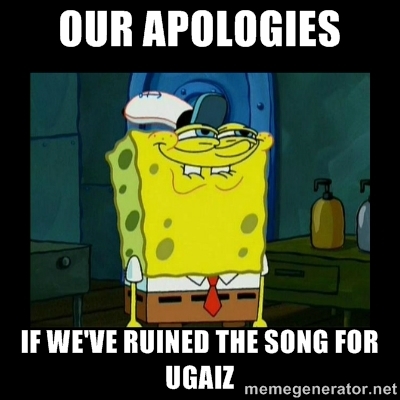
Restrictions don’t just go as far as swear words though. Jeff of MY FM says that he’s not even allowed to mention brands. E.g. They cannot say Maggi mee! If they want to talk about it they can say instant noodles instead. Why? Because Maggi didn’t pay them to say it. (But we at CILISOS can say Maggi mee la, cos they do advertise with us. 😛 )
As for Tamil radio stations, Aanantha of THR Raaga says that there are those among his audience who wouldn’t be so happy if the Tamil he used, wasn’t in a sense, proper.
“There are 2 ways of saying ‘head’. One is taleh and one is mandeh (Editor’s note: OMG so sorry if we got this wrong!). Taleh is the proper word and mandeh is like very colloquial. If I use mandeh then someone will ask “Why you use that word? Better you use this word (taleh) la.”” – Aanantha
Bob faces something similar but while he isn’t allowed to rojak a sentence, he can still use other languages if they were in separate sentences. Meaning that if you start a sentence in BM, cannot switch to English halfway. If you wanna use English, you gotta end your BM sentence first, and vice versa.

2. Chinese radio personalities are like Hong Kong celebrities
So according to Jeff, radio personalities in Malaysia are actually really, really big in Malaysia. Like they’re big enough to like branch out into making their own music and even movies! And here’s why..

“If you sit in front of the TV, you can choose from Hong Kong or Taiwan, so there’s a lot of choices for you. Local Chinese personalities compete with them. But when you sit in your car, you have not much choice but to listen to local Chinese radio stations.” – Jeff
In other words, because local radio doesn’t have Hong Kong or Taiwan superstars, local Chinese personalities are the celebrities instead. He adds that they also have the advantage because they get a lot of training by being on air constantly. This makes it easier to do things like memorise scripts for TV shows and movies. However, the downside is that their fans notice what they do in the real world too.
Jeff says there was even a time he was called out for double parking.
“I double park, and sui sui the next morning I’m doing a story on double parking. Then the guy (that he double parked) called, but to be real I let the thing go on air and I apologised.” – Jeff
On the Tamil side, Aanantha is quite a star too (although arguably he’s the biggest celebrity on Malaysian Tamil radio) movie titled Anushthaana, and this musical titled Malaysian Girls.
But while being a radio personality on Chinese and Tamil stations might help make you a celebrity, the opposite seems to be the case for Malay radio stations. Bob says that it’s more like a requirement that you are already a celebrity BEFORE becoming a radio announcer due to the immense competition in the industry.
“Sekarang perlu pernah berlakon ke, menyanyi ke, apa sajalah yang pernah popular.” – Bob
3. You cannot talk bad about Tamil movie stars, cannot dei
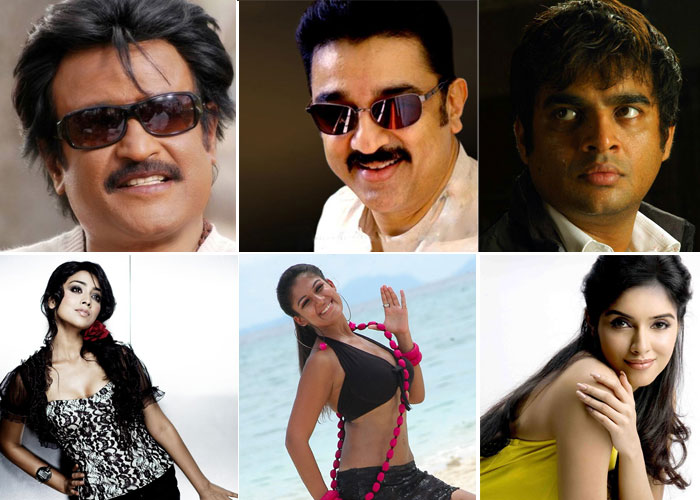
When it comes to things you should never, ever talk about on radio, Aanantha tells us that on Tamil stations, celebrities are a huge thing. So big that a radio announcer should never openly make fun of Tamil actors.
“We don’t say “Eh, you know this actor ah” and then name that actor and what he did. No we don’t do that.” – Aanantha
He says this is the case because in the Tamil context, these actors are larger than life to them. Which may be true, considering the response that Tamil legend Rajinikanth got when he came to Malaysia recently (he’s so boss that there was even a theory that he got rid of the recent haze).
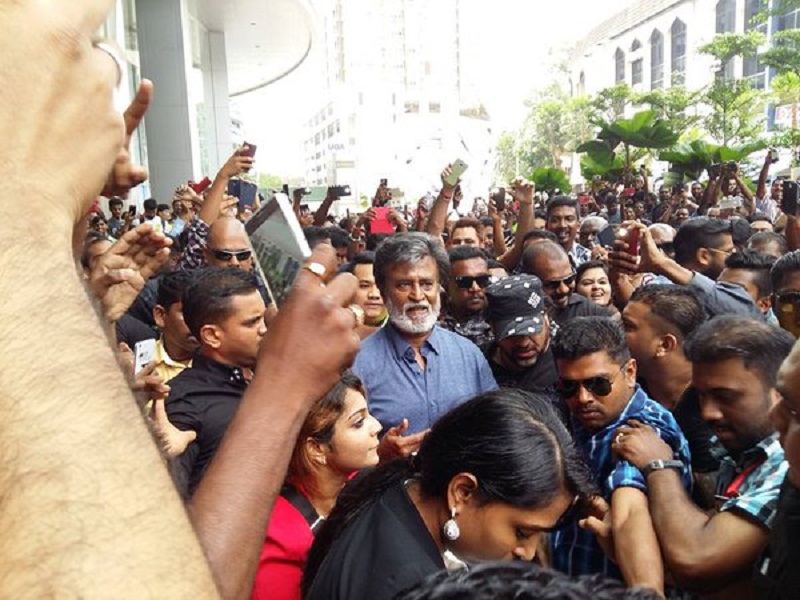
But according to Jeff, Chinese radio stations also have something that they try to avoid talking about: Money. Jeff says that something Chinese listeners don’t like listening to is people boasting about their wealth or talking about their cars or what not. He tells us about a time when some radio announcers decided to prank him by wrapping his car in newspaper, to this response from his audience.
“The next day I kena complain. People say I’m trying to show off my car.” – Jeff
If like that ah, they probably won’t like our Instagram very much either.
A photo posted by cilisos (@cilisosmy) on
Click here for article the picture above was featured in!
Jeremy and Bob do not give us any examples of sensitive things that only apply to their audiences. But as far as general things that radio announcers should not talk about, the 4 of them agree that they generally should not talk about things that involve sex, drugs, religion, and politics.
4. Malay stations sometimes got Indian callers wor
Bob tells us that Suria FM actually has Indian AND Chinese listeners calling in once in a while. Here’s an example.
“Ada seorang tu nama dia Roshan, I ingat Melayu, start cakap semua Melayu. Tapi bila dia sebut “Machaaa!” – Bob
And we all know that when the word macha is included in a conversation, you know there’s an Indian brother (or sister) nearby la.
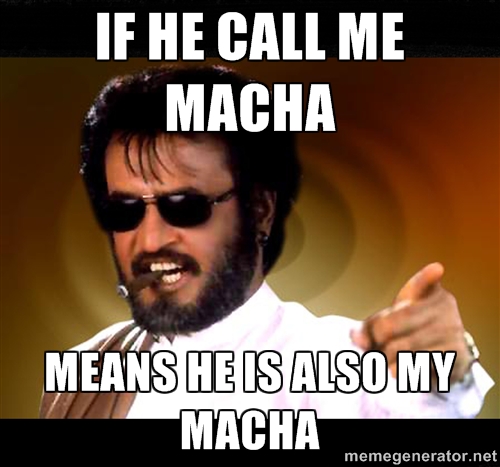
Jeff on the other hand, mentions that on the Chinese station’s side, they do have Indian and Malays calling in but the thing is, they speak Chinese. As for the rest, English technically doesn’t apply here cos it’s not associated with any one race, while Aanantha mentioned that while they have Chindian listeners, he doesn’t think that other races listen in to his station.
5. Chinese stations play about 70% Chinese & 30% other language songs, including Kpop
For MY FM. Jeff tells us that aside from just Chinese songs, they actually play English and even Kpop songs on their station. He also tells us that about 70-80% of the songs they play are Chinese songs, while the other 30-20% are songs from other languages la.
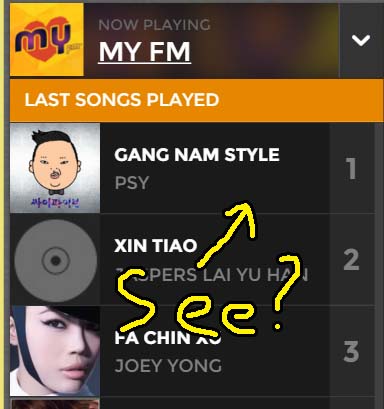
The same goes for Bob who tells us that aside from local Malay songs, Suria FM also plays songs from Indonesia, English, Chinese songs, and even Bollywood and Kpop! He says they do this because they cater for a large audience and thus don’t need to be niche.
Bob also tells us that Malay audiences want different things depending on the Musims. He tells us that now is actually the lawak (funny) season, so the audience wants to laugh. But on the other hand, Jeff says that it’s different from Chinese stations whose songs depends on the topic of the day rather than a season.
So naturally after Bob and Jeff had answered on behalf of the Chinese and Malay stations, we turned our attention to Aanantha instead. What kind of songs does THR Raaga play?
“We play Tamil songs, and Tamil songs, and Tamil songs. 1 or 2 Hindi maybe.” – Aanantha
6. The radio deejays actually don’t choose the music
So you may have heard many people make this complain before.
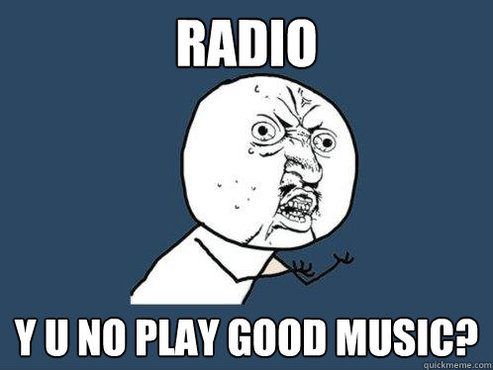
But as our point suggests, they usually don’t pick the songs that are aired on radio! This is why they say that nowadays they’re not referred to as radio deejays but radio announcers. But if the radio deejays don’t pick the songs, who da heck does right?
Jeff mentions that songs are now selected by a computer instead by an actual person! So the computer selects the songs first based on song beats, and then the song list is edited to fit the ambience of the day. A process that Jeremy tells us is called ‘massaging the logs’.
But as far as what music makes it to even be an option, Jeremy says they can suggest songs, but a senior program manager once told him this.
“If you think the song is cool right, don’t play it.” – As told to Jeremy by a senior program manager.
Bummer.
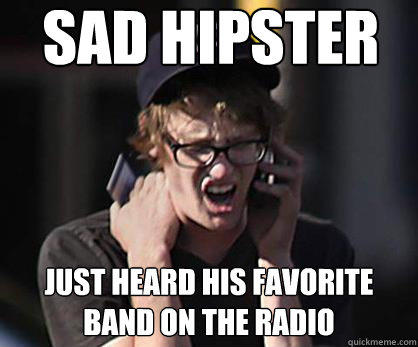
But is radio even still relevant?
According to Bob, the role of radio has changed. Once upon a time, the radio was a tool used to educate, but now with the internet around, he says that radio is now just for entertainment instead. Jeremy also adds this.
“In the last like 10 years, every OTHER media outlet has pushed the envelope a little. So they’re saying a lot of things that you don’t normally get (on traditional media). So the disparity between the information that you normally get (like on the internet) versus what’s happening on radio has grown bigger” – Jeremy
In other words, while other media outlets are able to push the boundaries, radio hasn’t. And that is something that he believes people are starting to realise.
If like that ah, how does the radio stay relevant then? Because we hear of traditional dying out all the time. Newspaper la, TV la, and even radio sometimes. We think it’s a traditional media, but statistics actually show us that 95% of Malaysians in Peninsular Malaysia still listen to the radio!
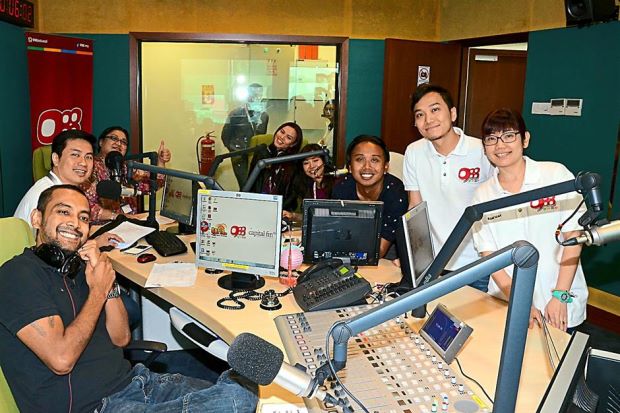
Well maybe this will give an indication. Articles like this and this discuss the impact of radio personalities.
“When comparing radio personalities to other media personalities, 6 out of 10 listeners said that radio hosts are “like a friend.”” – rbr.com
One of those article even said that one day people may be fans of radio personalities instead of radio stations! And maybe that’s the pull of radio. If you everyday hear the same person talk, you sure have some connection to them la.
———————————————–
As our interview ended, most of the people in that meeting went home la. But one thing that this writer noticed was that Aanantha actually stayed behind for a little while. The reason? 3 of the CRM staff workers were Tamil radio station listeners, and they were standing around him and chatting with him. They talked about how they were fans, about his job, and one lady even asked if Aanantha happened to know her son.
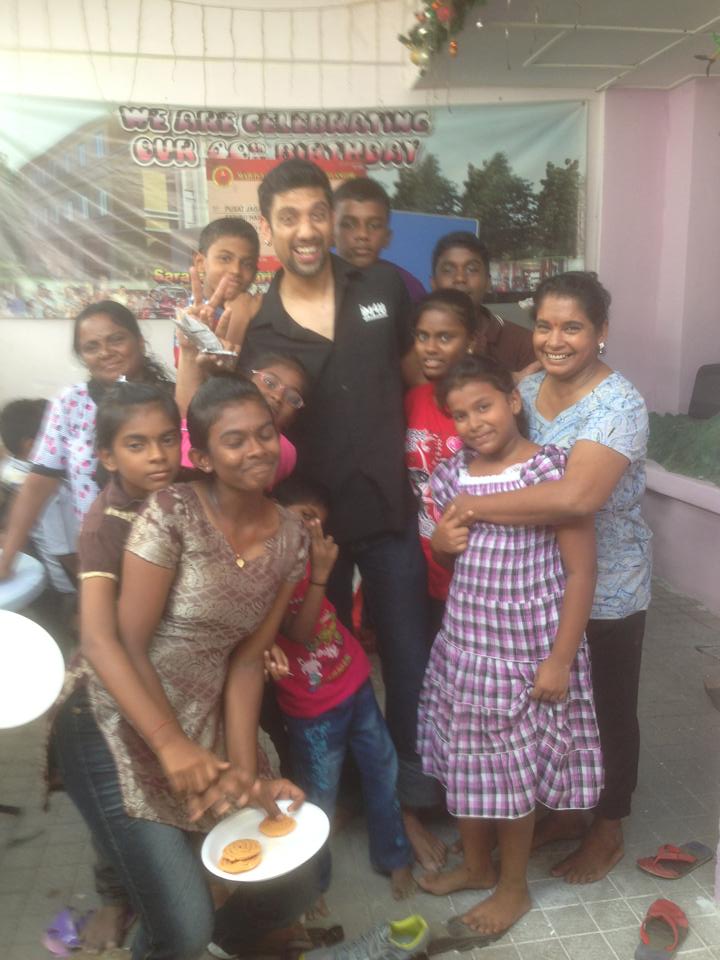
And no, no one recognised the CILISOS writers 🙁
So in this case at least… it seems radio still has some significant advantages over “hip” online websites.
- 536Shares
- Facebook525
- LinkedIn1
- Email2
- WhatsApp2


